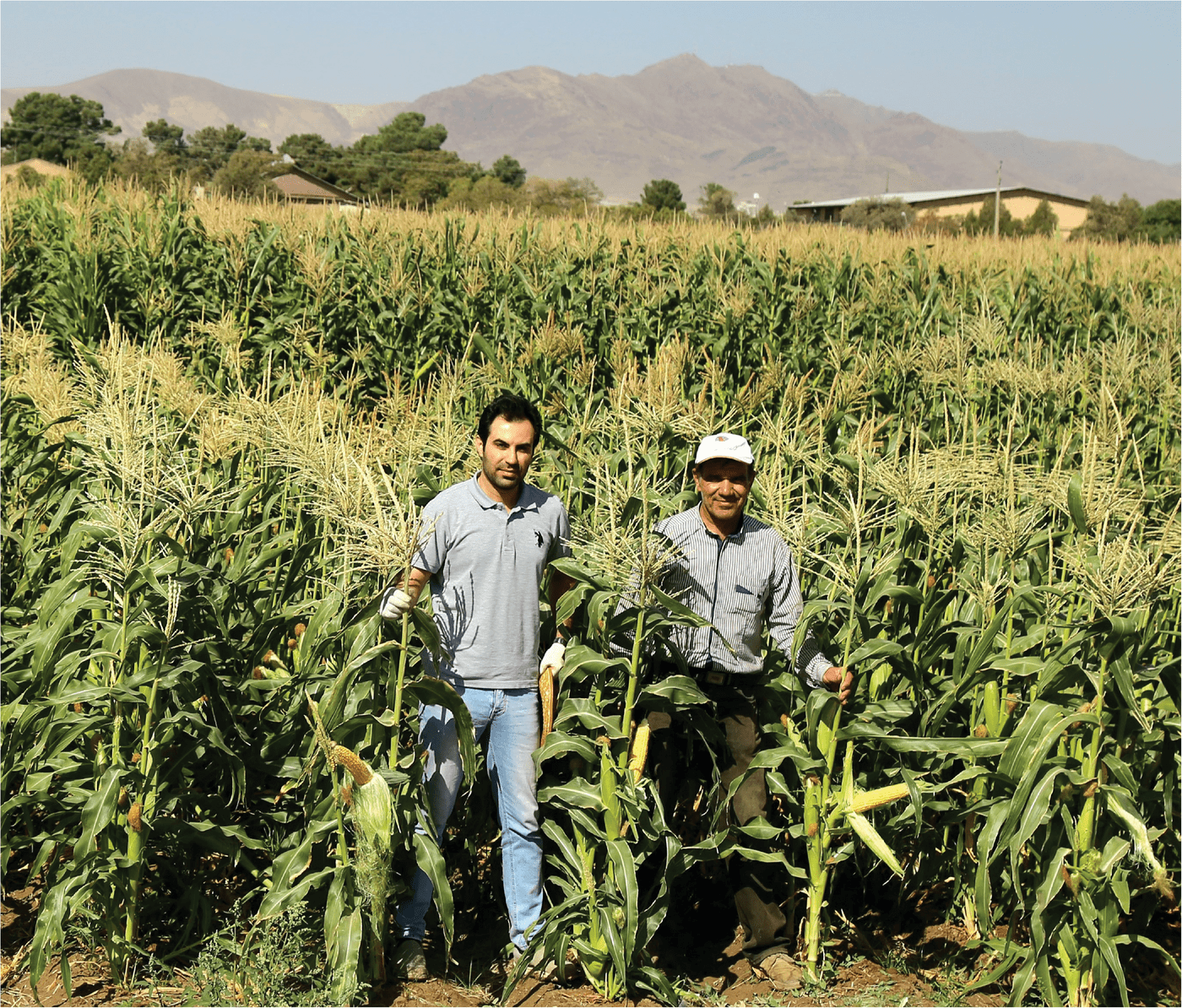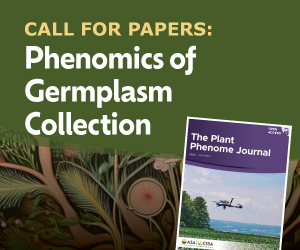Grain Yield and Its Contributing Traits in Sweet Corn Hybrids

Evaluating superior sweet corn (Zea mays L. saccharata) hybrids is of prime importance in semiarid regions with low to moderate rainfall. These hybrids play a key role in augmenting domestic production of the crop and bolstering local economies.
With this in mind, researchers conducted a study over two years (2021–2022) to enhance the yield potential of sweet corn hybrids in these growing environments. They evaluated 19 promising hybrids and the commercial KSC403s hybrid as a control at the Khorasan Razavi Agricultural and Natural Resources Research and Education Center in Mashhad, Iran. Their findings, published in Agrosystems, Geosciences & Environment, have significant practical implications for sweet corn production in semiarid regions. In addition to finding high‐yielding hybrids, the researchers discovered multiple genetic factors influencing sweet corn yield. The results present significant associations and positive direct effects of grain depth, row number per ear, and ear length on sweet corn yield.
These traits can be used as reliable indicators for indirect selection, paving the way for developing adapted high‐yielding sweet corn hybrids that thrive in semiarid environments. This could increase sweet corn production, contributing to food security and economic prosperity within local communities.
Adapted from
Shahrokhi, M., Khorasani, S. K., & Ortez, O. (2024). Grain yield and its contributing traits in promising sweetcorn hybrids. Agrosystems, Geosciences & Environment, 7, 20477. https://doi.org/10.1002/agg2.20477
Text © . The authors. CC BY-NC-ND 4.0. Except where otherwise noted, images are subject to copyright. Any reuse without express permission from the copyright owner is prohibited.










